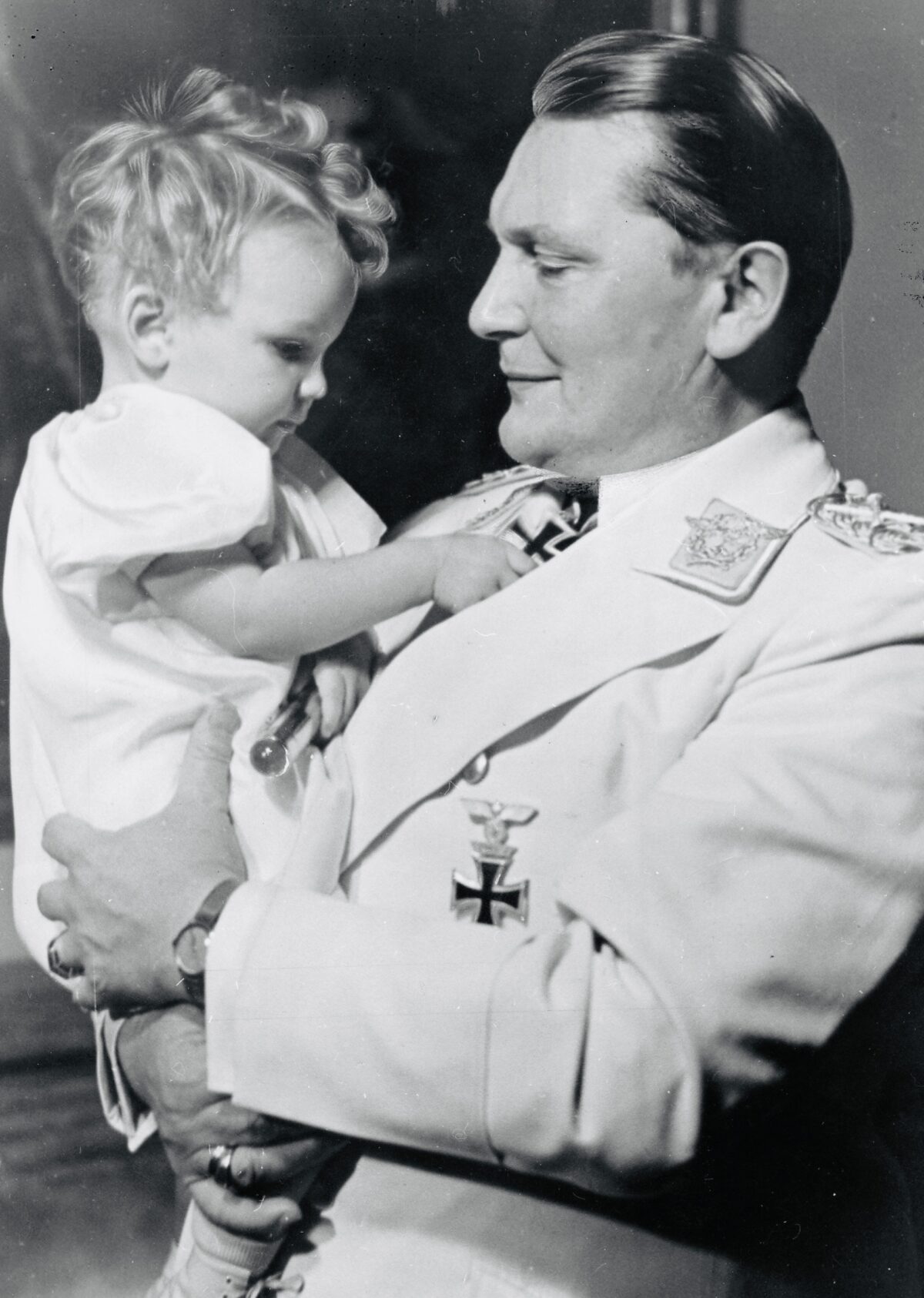The sons and daughters of Nazi dignitaries were children of privilege in Adolf Hitler’s Germany. But after its defeat in World War II, they were often regarded as lepers tarred by their association with a genocidal regime.
Tania Crasnianski, a criminal lawyer of German, French and Russian descent whose grandfather served in the German Air Force during the Nazi era, has written an insightful and readable book about eight of them. In Children of Nazis (Arcade), she profiles the offsprings of major Nazi figures: Heinrich Himmler, the commander of the SS police force; Hermann Goring, the second-highest ranking Nazi official and the commander of the Luftwaffe; Rudolf Hess, the deputy leader of the Nazi Party until his ill-fated flight to Britain; Hans Frank, the governor of occupied Poland; Rudolf Hoss, the commandant of the Auschwitz-Birkenau concentration camp; Martin Bormann, the head of Hitler’s secretariat; Albert Speer, the minister of armaments, and Joseph Mengele, the physician who conducted gruesome medical experiments at Auschwitz.
The individuals she writes about were born between 1922 and 1944. She intended to meet every one of her subjects, but interviewed only one, Niklas Frank. She relied on open sources to flesh out the accounts of the seven others, some of whom are deceased. As she points out, they relate to their fathers very differently.
Gudrun Himmler, born in 1929, watched with admiration as her father rose through the ranks. Sometimes, she would accompany him on inspection tours of Dachau, a concentration camp in southern Germany. Even after he left her mother for another woman, he remained close to Gudrun, whom he adored and cherished. Gudrun saw Himmler for the last time in November 1944 and spoke to him on the phone for the last time four months later. Himmler committed suicide after he was captured and before he could be interrogated.
She and her mother were arrested a week after the end of the war, but were released shortly afterward. She studied dressmaking and apprenticed as a seamstress.
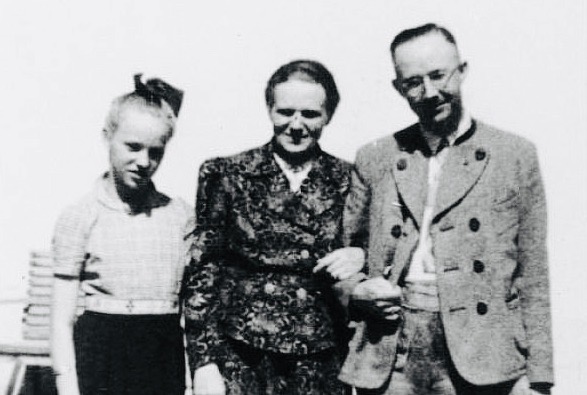
To this day, she defends Himmler, unable to draw a distinction between her loving father and an enabler of the Holocaust. Drawn to neo-Nazi organizations, including the National Democratic Party, she married a Nazi sympathizer. Her niece, Katrin, married a Jew whose parents were survivors of the Nazi Warsaw ghetto.
Edda Goring was born in 1938. To celebrate her birth, her father led a squad of hundreds of Luftwaffe planes on a flyover above Berlin. She was raised in Carinhall, Goring’s luxury estate. She last saw Goring in September 1946, when he was a defendant at the Nuremberg war crimes trial. Two weeks later, he swallowed a poisonous cyanide pill in his prison cell.
“Like Gudrun Himmler, she is steadfast in her love for her farther and refusers to believe he was one of the architects of the Shoah,” Crasnianski writes. “Edda is convinced he had no role in the persecution of the Jews …” And like Gudrun, she has placed all the blame on Hitler.
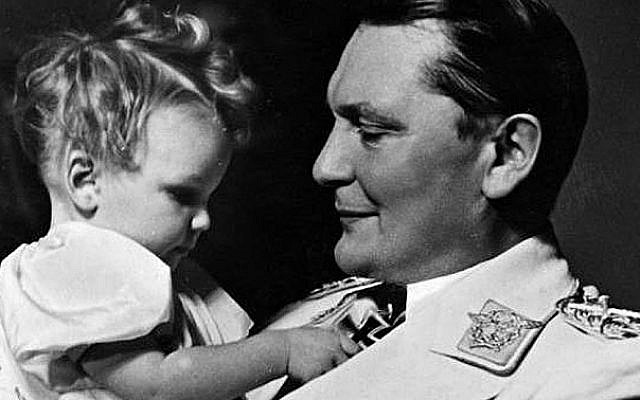
An extremist, she is a supporter of neo-Nazi causes.
Goring’s great-nephew, Matthias, converted to Judaism and lived in a community of Holocaust survivors in Israel.
Wolf Hess, born in 1937, was three years old when his father shocked his colleagues by secretly flying to Britain on a peace mission. Hess was immediately imprisoned and given a life sentence for crimes against humanity. “His punishment was simply unwarranted in the eyes of a son who believed his father was a martyr for peace, not criminal,” says Crasnianski.
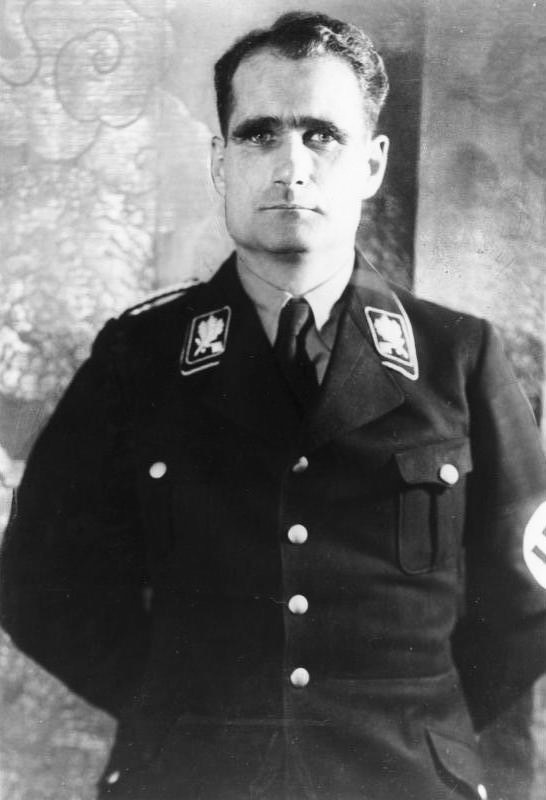
Wolf worked tirelessly to free his father and improve conditions for him in prison. He visited him 102 times before his death in 1987.
Niklas Frank was seven years old when his father was appointed governor of Nazi-occupied Poland. Under Frank’s administration, almost two million Polish Jews were gassed in the Auschwitz, Treblinka, Sobibor and Belzec extermination camps.
A journalist, Niklas developed a loathing and a hatred for Frank. “Human life was worth nothing to him,” Niklas told Crasnianski. “He was a reign of terror.” He believe his father deserved to be executed after the war.
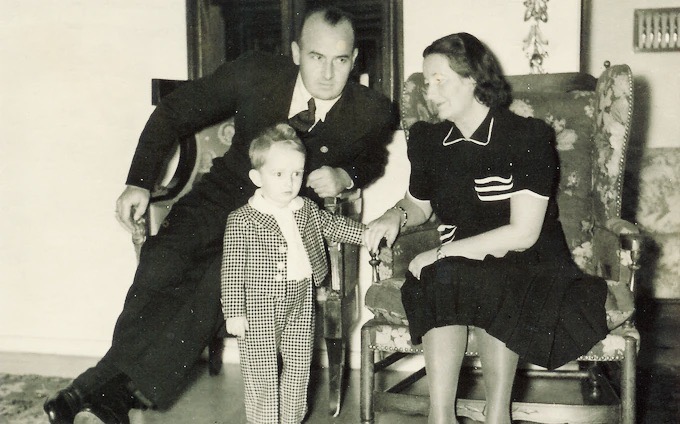
Of Frank’s five children, only Niklas and his brother, Norman, think that Frank was a war criminal. The others have refused to accept the truth.
Martin Adolf Bormann Jr., born in 1930, was the oldest child of Martin Bormann, Hitler’s principal secretary and the executor of his will. One of nine Bormann children, he told the Israeli psychologist Dan Bar-On that he had no knowledge of the persecution of the Jews and had never heard of Kristallnacht, the 1938 pogrom in Germany.
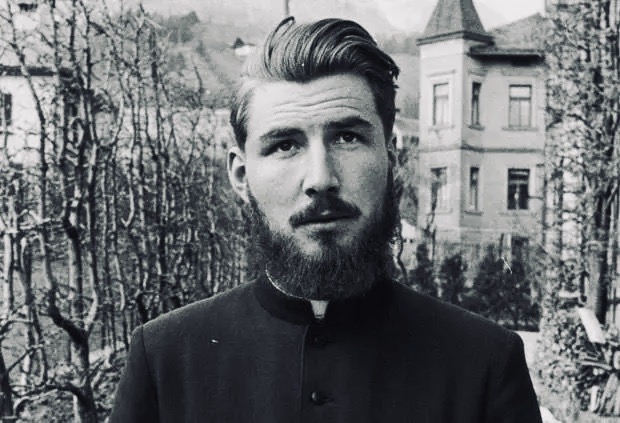
Ordained as a priest in 1958, he spent years in the Congo. In 1971, he renounced his vows and married his girlfriend, who had been a nun. After his retirement in 1992, he visited Israel on a Bible study tour. And then, for years, he participated with Bar-On in workshops in Israel, Germany and the United States.
Rudolf Hoss and his wife, Hedwig, had five children, all of whom grew up near Nazi concentration camps. Hoss worked in Dachau, Sachsenhausen and Auschwitz-Birkenau. Death was his “daily companion,” says Crasnianski. “His orders were to kill, and he carried them out unfailingly. He was trained to exterminate.”
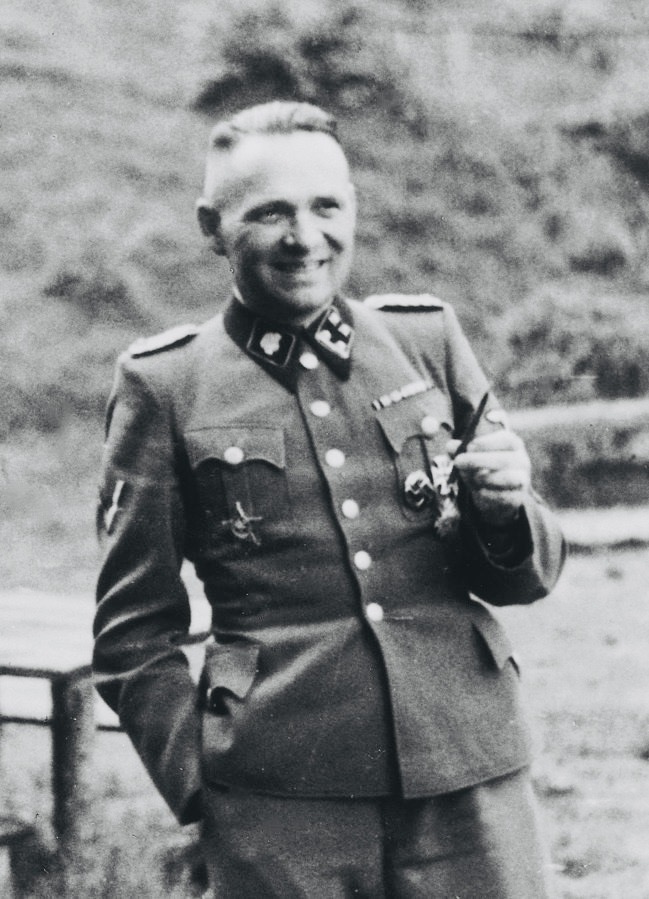
Nonetheless, he considered himself completely normal and was a loving and exemplary father who deeply regretted not having more time for his children.
A simple wall separated their villa and garden from the gas chambers, but they seemed untroubled by what was happening very nearby.
Hoss was executed in Auschwitz in 1947. Brigitte, his daughter, left Germany in 1950 and hid her real identity for many years. One of her employers in the United States, a Jew who had fled Germany, chose not to fire her after he learned she was the daughter of a war criminal.
Hoss’ grandson, Rainer, has struggled to come to terms with his horrific legacy and feels burdened by the past. His relatives have denounced him as a traitor and have no contact with him.
The children of Speer, sentenced to a 20-year prison term in 1946, have reacted in different ways to his career as a high-ranking Nazi.
“Until 1945, he was my father and I could look him in the eye,” says Arnold, one of his sons. “After 1945, he was a war criminal.”
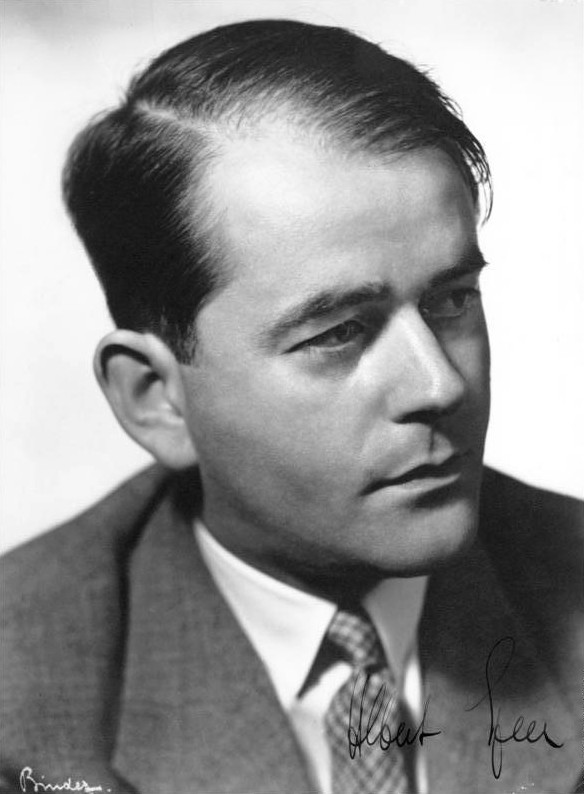
Ernst, another son, distanced himself from Speer and refused speak of him. Hilde, his daughter, remained loyal to him, though she was active in promoting interfaith tolerance and reconciliation. Margret, his youngest daughter, wonders how he could have placed his talents at the service of the Nazi regime.
Rolf Mengele, an attorney, radical leftist and son of Joseph Mengele, the Angel of Death, believed his father was his uncle until he learned the truth.
Mengele fled to South America in 1949 under an assumed name. He returned to Europe in 1956 and introduced himself to Rolf as his uncle Fritz. Only later did Rolf discover that he was his biological father. He went public with his story in 1985, a few years after Mengele’s death.
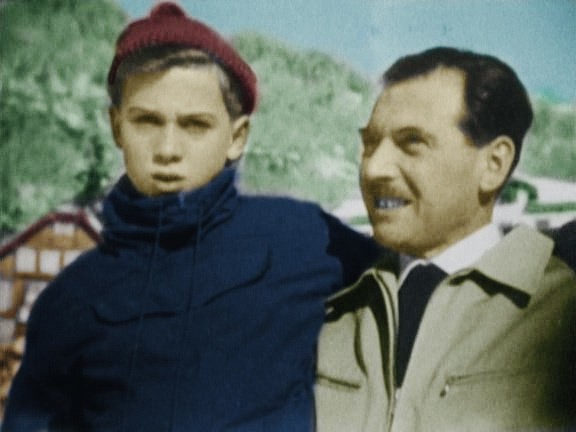
In 2008, he contacted an Israeli newspaper, saying he did not want to be hated by the Jewish people and wished to visit the Yad Vashem Holocaust memorial in Israel. Yet, as Crasnianski notes, he never disassociated himself from his father.
